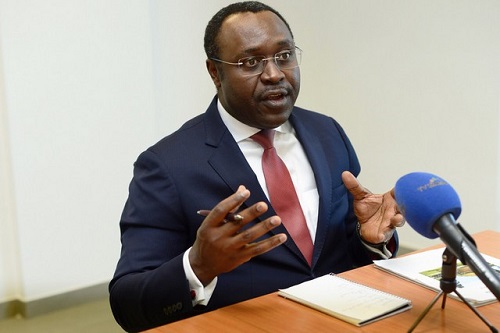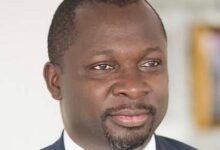
The World Bank has described as worrying the growing public debt being incurred by some African countries.
Dr Albert Zeufack in a discussion with members of the Institute of Economic Journalists (IFEG) after the launch of the Future of Work in Africa and Powering Africa’s Transformation – electricity access as a driver of productivity and job creation in Accra, said the problem is leaving less fiscal space for African countries to borrow.
“One of the biggest problems to Africa’s macroeconomic outlook is its rising public debt,” the World Bank Chief Economist for Africa said.
He said some African countries which enjoyed the Highly Indebted Poor Countries debt initiative in the 1990s and 2000s and brought their debt to Gross Domestic Ratio to about 20 per cent have began to accumulate huge debt.
Dr Zeufack said after the debt cancellation, some African countries have accumulated debt which was presently above fifty per cent of their Gross Domestic Product.
He indicated that about 18 African countries were classified as highly debt risk, raising concerns about the debt sustainability of those countries.
Ghana for instance, at the end of May this year, has accumulated debt to the stock of GH₵200 billion.
According to him, some African countries use about 90 per cent of their tax revenue to service debt, leaving nothing for investment.
He also asserted that most of the loans being contracted by countries in Africa were used for consumption purposes instead of investment.
Dr Zeufack said there was changing dynamics and composition of Africa’s debt, saying most of Africa’s current public debts were not concessional and owed to private investors.
Ghana for instance in 2007, issued its first ten-year Euro Bond to raise $700 million to finance some infrastructural projects.
Dr Zeufack said Africa’s high growing public debt could affect Foreign Direct investment to the country.
He said investors adopt wait and see attitude if the debt of a country was rising because they fear government would increase taxes to raise additional revenue to fill the fiscal gap.
The World Bank Africa Chief Economist entreated African countries to use the monies they borrowed efficiently and invest in projects that could pay for themselves.
By Kingsley Asare




